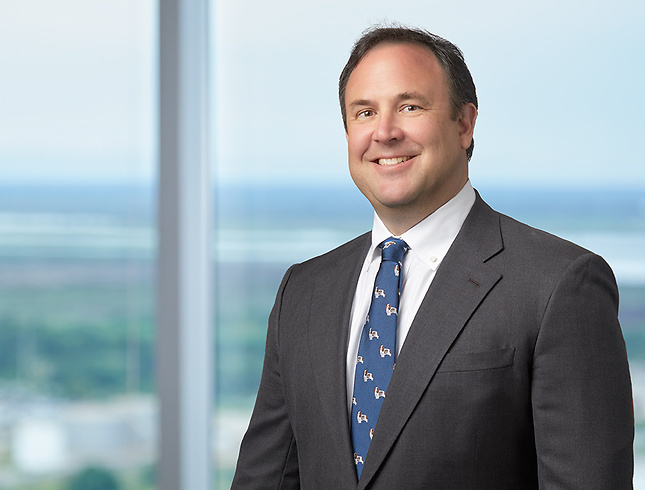The Eighth Circuit Court of Appeals, in the recent case of Watson, P.C. v. US, 109 AFTR 2d 2012-1059, 668 F. 3d 1008 affirming the district court below, held that an S-corporation shareholder's 2002 and 2003 reported salaries were unreasonably low, and reclassified dividends paid by the corporation to the shareholder as additional salary, thus subjecting that income to additional employment taxation under the Federal Insurance Contribution Act (FICA).
Generally, earnings from self-employment and employee wages are subject to withholding for Social Security and Medicare taxes. The IRS has ruled in revenue rulings that only the salary paid to an S corporation shareholder is "wages" for employment tax purposes, and that operating income distributed other than in the form of salary is not "wages" and thus not subject to employment tax. This stands in contrast to LLCs, where all distributions to members are considered to be subject to employment tax. Even so, where a shareholder-employee is paid a salary and receives a distribution, the salary should be reasonable in light of the services performed and when compared to salaries paid to non-shareholder employees with the same duties. It has become common, if not commonplace, for business advisors to recommend that clients form their business enterprises as "S" corporations and then structure their compensation such that a minimal amount of corporate earnings are paid as salary and the remainder is paid as a "dividend" distribution.
IRS Fact Sheet 2008-25 notes "[t]here are no specific guidelines for reasonable compensation in the Code or the Regulations. The various courts that have ruled on this issue have based their determinations on the facts and circumstances of each case."
Generally, courts review the following factors in determining the nature of an S corporation employee-shareholder's compensation:
- Training and experience
- Duties and responsibilities
- Time and effort devoted to the business
- Dividend history
- Payments to non-shareholder employees
- Timing and manner of paying bonuses to key people
- What comparable businesses pay for similar services
- Compensation agreements
- The use of a formula to determine compensation
Examining these factors, the Watson district court held that the proper tax treatment of funds disbursed by an S corporation to its employees or shareholders turns on an analysis of whether the payments were remuneration for services performed, ultimately concluding that the amounts paid were remuneration for services performed, focusing on Watson's advanced tax degree, years of experience, and the fact that he was one of the highest earners at his accounting firm.
The Watson facts may also be emblematic of the axiom "Pigs get fat; hogs get slaughtered." Mr. Watson only paid himself a yearly salary of $24,000, while annually receiving "dividends" in excess of $175,000. The court found it highly unlikely that an accountant of his standing and experience would be willing to work for a $24,000 salary, and found that the sole purpose behind the compensation arrangement was to avoid the payment of employment taxes. It likely did not help Mr. Watson's case that he was, in fact, an accountant.
Practice Tips
Aggressive tax planning inside S corporations has been the subject of increased IRS scrutiny for a number of years, with the Service proclaiming with frequency that it intends to audit more and more of these corporations to see if they are playing the employment tax "game." This does not mean that S corporation shareholders and their advisors cannot use the advantages available to them; rather, it simply means that they should consider what seems reasonable under the circumstances. This is particularly true in the case of service professions-law, medicine, and accounting, for example-where it is difficult to draw the line between what, if anything, represents a return on ownership of the enterprise and what is attributable solely to the efforts of the compensated individual. In 2010, the House of Representatives passed legislation which would subject all earnings of employee/shareholders in personal service corporations (such as law and accounting firms) to employment taxes, but this legislation did not make it through the Senate.
- Partner
George Morrison serves as the Managing Partner of the Charleston Office. George advises corporate clients on formation, succession, and transactional issues, and general business matters. He is involved in all areas of corporate ...

